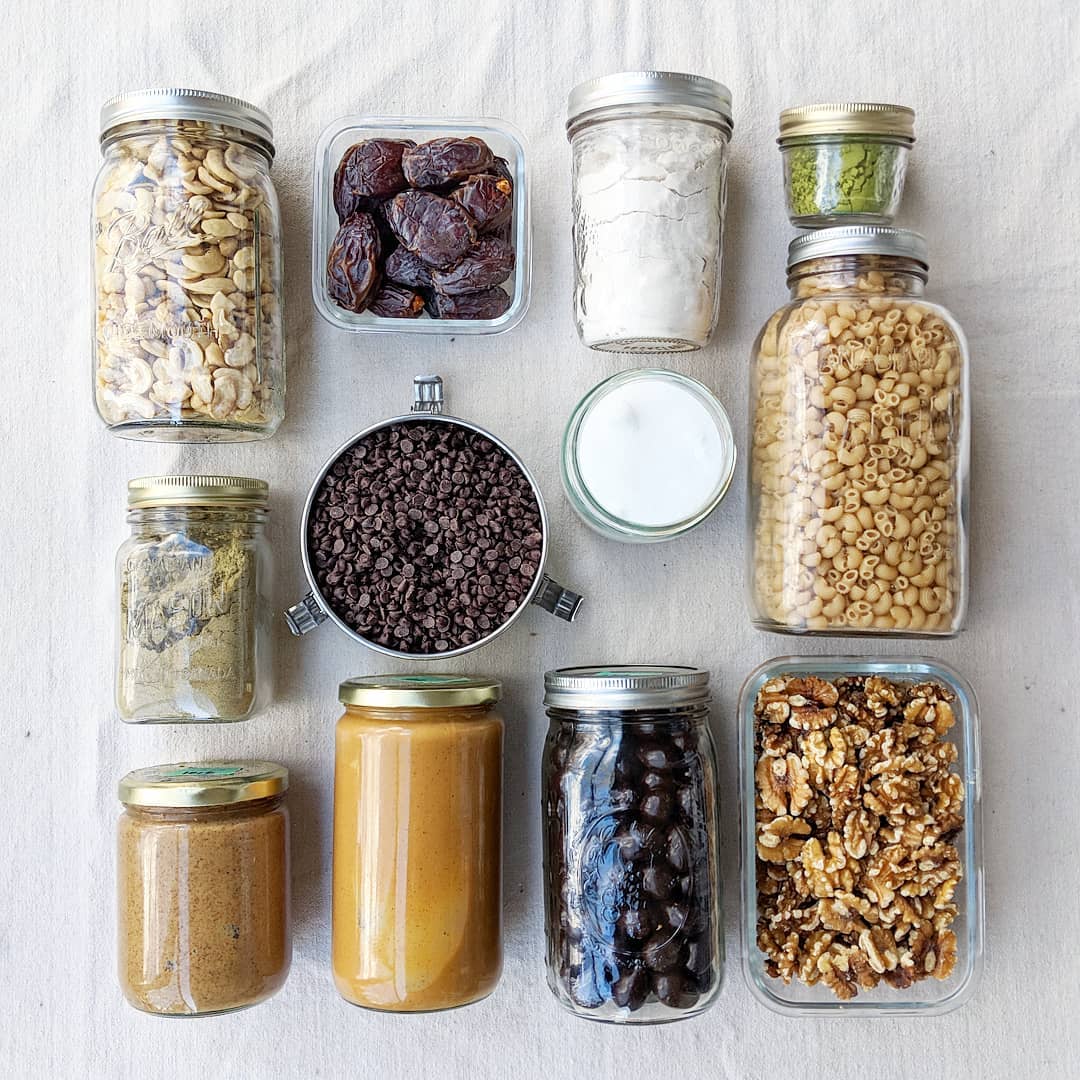ZERO WASTE SHOPPING// A Business is not “Zero Waste” Because it Offers a Reusable Container Policy.
Working on one seemingly good habit, like Zero Waste Shopping, is like opening a door. As you pass through, twenty other doors appear, each with a new ethical question. This can feel overwhelming, but it doesn't have to. It can be empowering because you hold the power to go through each door, with any mindset or attitude you want. To be responsible is an opportunity.
Does the bulk store you shop at recycle their packaging? Do they compost? What happens to their food waste? Is there compliance with labor laws? Does the food arrive to the store in many small plastic packages that all get dumped into one bulk bin? Are there fair labor practices where the product is grown? What's the role of pesticides? Have you looked into how cashews and other nuts are harvested?
You may not have considered what happens behind-the-scenes of shopping; before you as a shopper encounter food in the store. But these questions and many more are some of the other doors. They're things to consider because they're part of what you buy and pay for whether or not you acknowledging them. They exist regardless of shopping zero waste.
Using reusables, ideally ones you already own (travel mugs, utensils, bags etc) and refusing single-use disposables (including pens, stickers, wrappers etc) is a tangible action with an immediate result. It reduces unnecessary waste and keeps garbage out of oceans and natural spaces. When you send something to recycling or landfill, you’re sending it into the environment- the landfill is in the environment. Using reusable products and avoiding plastic packaging is one waste-reducing step in the chain of consumption. It’s something actionable and with more practice it becomes habit.
When we are confronted with information challenging us to do better, we can pause, evaluate, and make a new decision from the present moment. Rather than being discouraged we can come from a place of empowerment and view improvement as an opportunity. Because once you become aware, you have the power to become informed and make new choices.
